The programme is only conducted in Lithuanian language. Entry requirements for this particular programme can be found in the programme description provided in Lithuanian language.
in Lithuanian
This professional studies programme is aimed at graduates who want to qualify as teachers and work in general education schools. You will learn about educational theories and acquire practical skills to help you organise the education process effectively. The programme offers specialisations in mathematics, physics, engineering technology, informatics, chemistry, music or English so that you can tailor your studies to your interests and background. Graduates become qualified subject teachers ready to work in educational institutions.
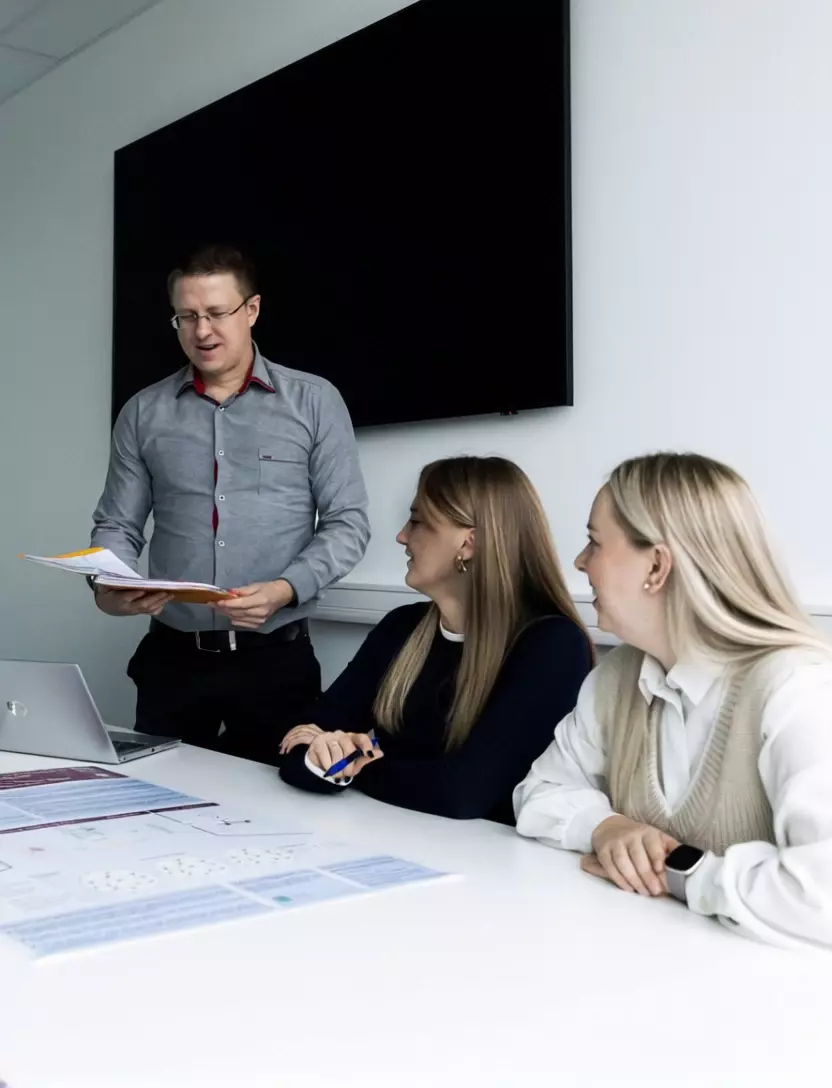
With almost 30 years of experience, the KTU Pedagogy study programme provides high-quality knowledge delivered by experienced lecturers who are professionals in their field. It is a long-established, reliable programme, and from this year onwards it allows students to choose a specialisation – from exact sciences to arts and languages – and to acquire both the qualification of an educator and the competence of the chosen subject (specialisation). Graduates’ success stories and excellent testimonials prove their real readiness to work in the field of education and become leaders in educational institutions.

This study programme stands out for its balanced combination of theoretical knowledge and practical skills. Theoretical classes are held remotely, using advanced digital tools to ensure convenient and high-quality learning. The practical part is carried out in prestigious KTU partner schools in Lithuania or abroad, giving the opportunity to apply knowledge in a real educational environment.
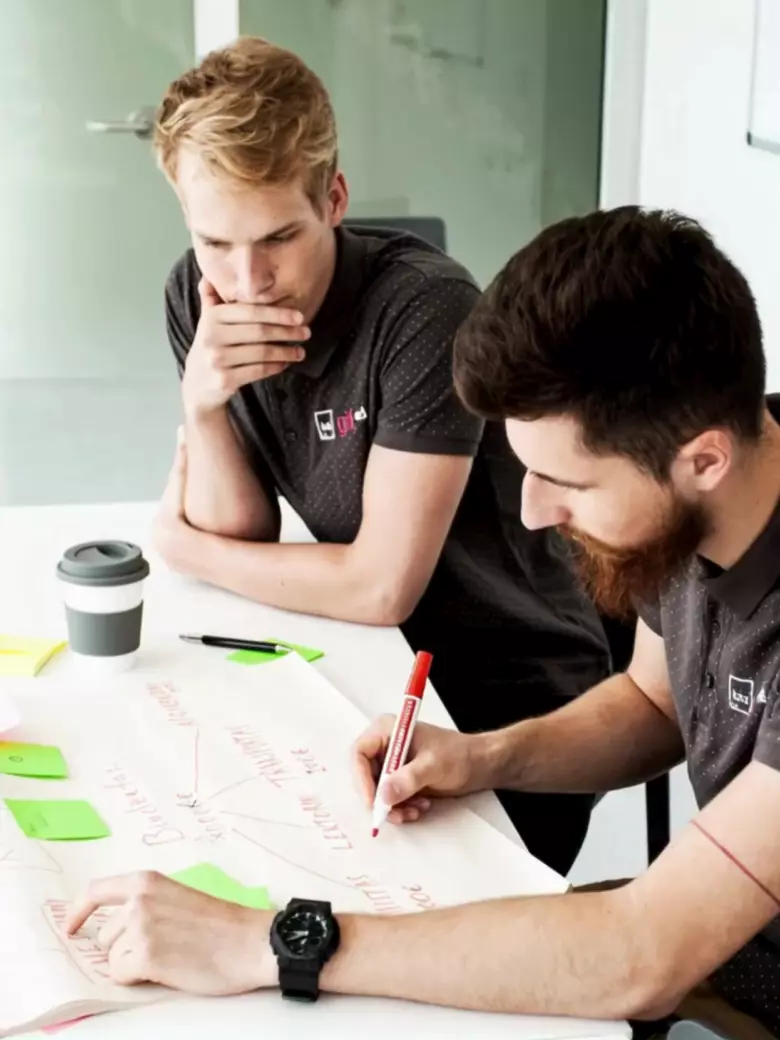
KTU Pedagogy studies are characterised by flexibility – modules are taught in cycles, allowing you to study each topic in a coherent and focused manner. All learning materials and assignments are available on the virtual Moodle platform, ensuring convenient and accessible learning from any location. During the course of the study, five on-campus contact meetings are organised, with supervision sessions, workshops and individual consultations, which strengthen practical skills and provide valuable feedback.
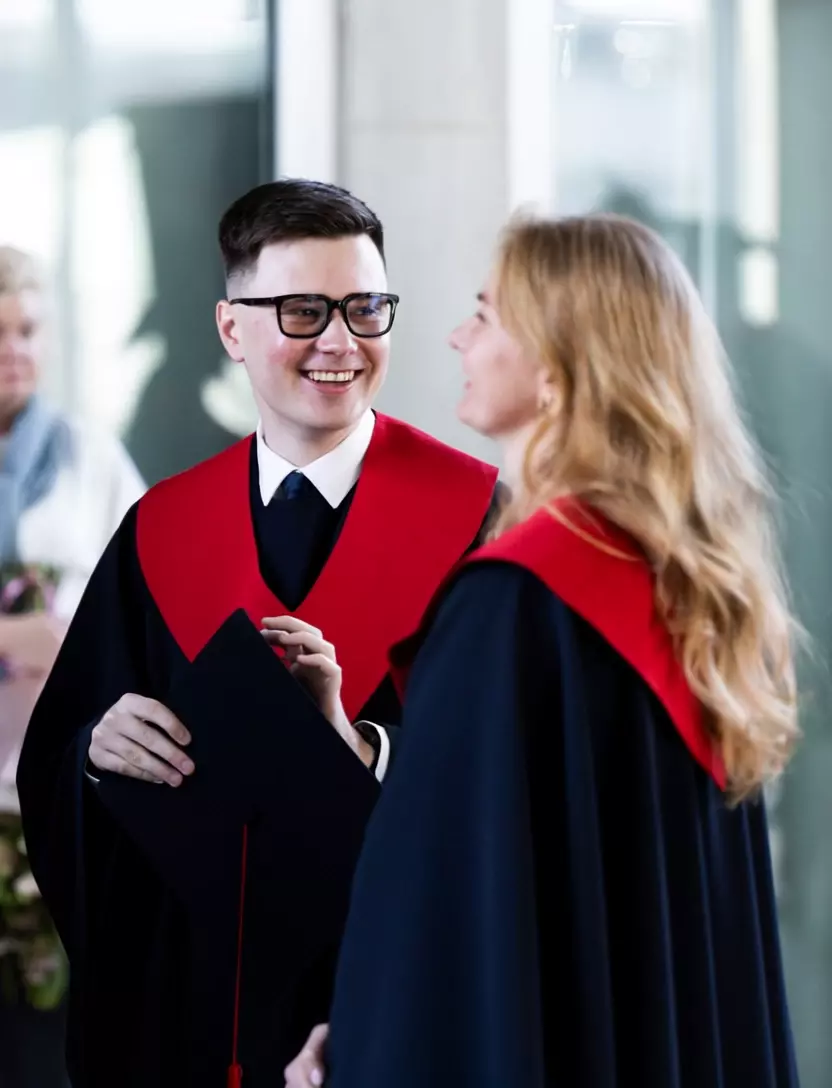
Students choose their own specialisations – from maths, physics or computer science to music, English or engineering technology – and graduate with both a teaching qualification and subject expertise.
Become an educator who not only teaches but also shapes the future.
You will study contemporary educational concepts, teaching strategies and the workings of the education system. You will acquire the skills to develop creative and innovative educational solutions, adapt to changing learning environments and effectively address everyday challenges. By combining theoretical knowledge with practical experience, you will be fully prepared to work in a school and become a competent education professional ready to create change.
Here are some of the careers you can pursue after your studies:
Inspires students to learn, grow and create – not only by matter-of-factly imparting knowledge, but also by developing their critical thinking, curiosity and self-confidence.
Develops and implements advanced technological solutions in education, from digital tools to interactive teaching methods. They aim not only to make the learning process more efficient, but also to increase student engagement, motivation and the quality of the learning experience.
Designs learning experiences tailored to the abilities, learning styles and interests of different learners. Using artificial intelligence solutions and data analysis, develops personalised learning trajectories that help each student grow at his/her own pace and achieve the highest results.
| Module name | Credits | Method of organisation |
|---|
| Developmental Psychology | 6 | Blended learning |
| Didactics | 3 | Distance learning |
| Educational Psychology | 3 | Blended learning |
| Practice of Curriculum Planning and Its Realization | 3 | Distance learning |
| Teacher Career Development | 3 | Distance learning |
| Basics of Engineering | 6 | On-campus learning |
| Electric Power Systems in Construction | 3 | On-campus learning |
| Introduction to Practical Electronics | 3 | On-campus learning |
| Academic and Technical Communication in English (Level C1) | 6 | On-campus learning |
| Language Studies: Phonology | 6 | On-campus learning |
| Algorithms and Objective Programming | 6 | Distance learning |
| Computers and their Networks | 6 | Distance learning |
| Mathematical Analysis 1 | 6 | On-campus learning |
| Theory of Probability and Statistics | 6 | On-campus learning |
| History of the 20th Century Music | 6 | On-campus learning |
| Music Background | 6 | On-campus learning |
| Classical Physics | 6 | On-campus learning |
| Mathematics 1 | 6 | On-campus learning |
| Module name | Credits | Method of organisation |
|---|
| General and Special Pedagogy | 6 | Distance learning |
| Control Systems and Programing of Robots | 6 | On-campus learning |
| Electrical Power Engineering | 6 | On-campus learning |
| Engineering Economics | 6 | On-campus learning |
| Manufacturing Engineering | 6 | On-campus learning |
| English Didactics 1 | 6 | Distance learning |
| English Didactics 2 | 6 | Distance learning |
| Language Studies: Grammatical Structure | 6 | On-campus learning |
| Language Studies: Lexicology | 6 | On-campus learning |
| Public Speaking | 6 | On-campus learning |
| Algorithms and Objective Programming 2 | 6 | Distance learning |
| Programming in Python | 6 | Distance learning |
| Virtual Learning Environments | 6 | Distance learning |
| Virtual Learning Tools and Systems | 6 | Distance learning |
| Mathematical Analysis 2 | 6 | On-campus learning |
| Mathematics Software | 6 | On-campus learning |
| Acoustics 1 | 6 | On-campus learning |
| Basics of Sound Synthesis | 6 | On-campus learning |
| Directions of Publicity Projects | 6 | On-campus learning |
| Music Software | 6 | On-campus learning |
| Electromagnetism | 6 | On-campus learning |
| Mathematics 2 | 6 | On-campus learning |
| Physics of Materials | 6 | On-campus learning |
| Physics 2 | 6 | On-campus learning |
| Module name | Credits | Method of organisation |
|---|
| Pedagogical Internship 1 | 12 | Blended learning |
| Building Materials and Basics of Material Science | 6 | On-campus learning |
| Computer Communications | 6 | On-campus learning |
| Fundamentals of Mechanical Systems Design | 6 | On-campus learning |
| Cross-Cultural Dialogues | 6 | On-campus learning |
| Language Studies: Semantics and Pragmatics | 6 | On-campus learning |
| Data Bases and Information Systems | 6 | Distance learning |
| Intelligent Learning Technologies | 6 | Distance learning |
| Modern Educational Systems and Methods | 6 | Distance learning |
| Discrete Mathematics | 6 | On-campus learning |
| Geometry | 6 | On-campus learning |
| Aesthetics of Music | 6 | On-campus learning |
| Cinema Music and Sound Effects | 6 | On-campus learning |
| Music Arrangement | 6 | On-campus learning |
| Astrophysics | 3 | On-campus learning |
| Nuclear and Particle Physics | 6 | On-campus learning |
| Optics | 3 | On-campus learning |
| Thermodynamics and Statistical Physics | 6 | On-campus learning |
| Module name | Credits | Method of organisation |
|---|
| Final Degree Project of Pedagogical Studies | 3 | On-campus learning |
| Pedagogical Internship 2 | 18 | Blended learning |
| Business Communication | 3 | Distance learning |
| Coaching | 3 | Distance learning |
| Creative Writing | 6 | On-campus learning |
| E-learning Content Preparation and Provision | 6 | Distance learning |
| Linear Algebra | 6 | On-campus learning |
| Music Recording 1 | 6 | On-campus learning |
| Quantum Mechanics | 6 | On-campus learning |
The programme is only conducted in Lithuanian language. Entry requirements for this particular programme can be found in the programme description provided in Lithuanian language.
in Lithuanian
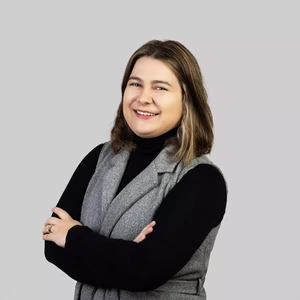
While working in non-formal education, I realised that I wanted to become a teacher, which led me to choose the pedagogy studies at KTU. The programme is well-suited for working professionals with busy schedules, as it allows me to study in my own time and at my own pace. The modules cover a range of perspectives – from didactics and psychology to educational leadership.
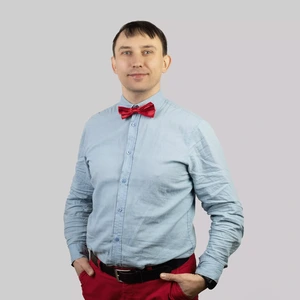
As a computer programmer, I became a teacher of computer science, so I decided to deepen my knowledge in pedagogy. It was easy to combine studies and work, as all the classes were delivered remotely. I had to spend more time on written work, but working in a school I quickly found practical applications for all the assignments. I chose to study while already working as a teacher, which is what I am still doing today. Currently, I am preparing for the certification as an expert teacher.
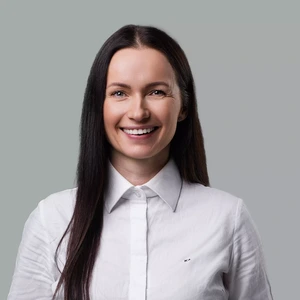
KTU trains professionals who can work with learning analytics, develop personalised learning solutions and promote innovation in the education sector. Students graduating from this study programme have a practical background, as they have the opportunity to work on real EdTech projects and participate in research during their studies.
All study materials, lectures, practical sessions, and assessments are conducted in Lithuanian.
The key difference lies in what you’ll gain from the studies. If you choose the 1-year (60 ECTS credits) programme, you’ll earn a general teacher qualification. However, if you’re aiming to teach a specific subject, the 2-year (120 ECTS credits) programme might be the better fit – it not only provides the teacher qualification but also allows you to specialise in a subject, giving you the full competence to teach it in schools.
During the studies at KTU, you can choose one of the following specialisations: Mathematics, Physics, Engineering Technologies, Informatics, Chemistry, Music, or English Language.
The 120 ECTS credit Pedagogy Studies programme lasts 2 years. In the first year, students focus on general pedagogical subjects, while the second year is dedicated to developing subject-specific teaching competences.
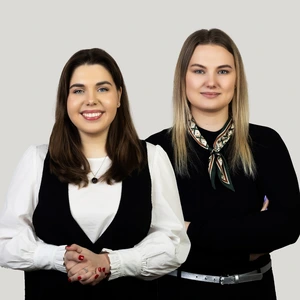
Talk to us, study with us:
K. Donelaičio St. 73, LT-44249 Kaunas
phone: +370 679 44 555
email studijos@ktu.lt
Faculty of Social Sciences, Arts and Humanities
I Chamber
A. Mickevičiaus St. 37, LT- 44244 Kaunas
email pedagogikos.studijos@ktu.lt
 virtual tour
virtual tour